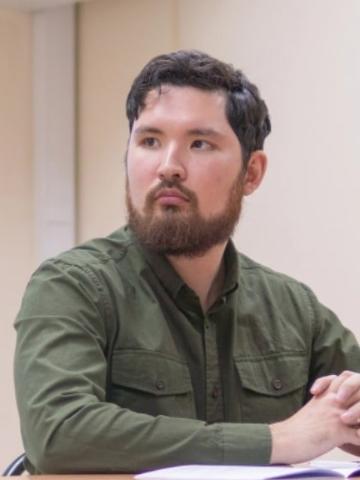Two projects of scientists from Irkutsk State University became winners of the competition of the President’s Program of Research Projects 2023, held by the Russian Science Foundation.
The grants are given to the initiatives of ISU scientists in the field of biology and archeology. The amount of each grant is 1.5 million rubles.
The project “Filling in the gaps: Ancient cultures of the Early Iron Age and the early Middle Ages in the Southern Angara region”. The project head is Ilya Ulanov, Candidate of Historical Sciences, Head of the archaeological depository of the ISU research center “Baikal Region”.
Ilya Ulanov's project is aimed at solving a scientific problem consisting in an information gap that does not allow tracing the dynamics of cultural and historical processes that took place on the territory of the Southern Angara region during the Early Iron Age – early Middle Ages. In the course of solving this problem, it is anticipated to generalize all available data in the form of a database, as well as to conduct research aimed at obtaining new information.
Field studies of known objects and the search for new ones, analysis of burial complexes and their comprehensive study, establishment of the age of complexes, comparative and typological research and establishment of the cultural background of objects and complexes are planned within the framework of the research.

















